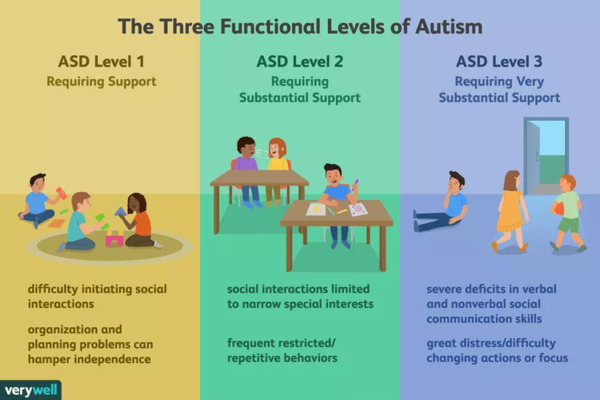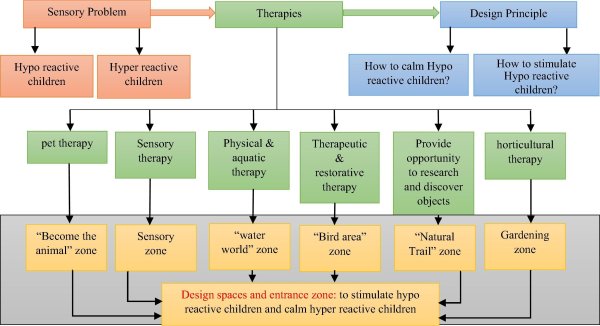How To Enrich Your Child’s Learning Through Travel
Enriching your child’s learning through travel is one of the best things you can do for their growth. As wonderful as classrooms are for education, there’s a lot children can learn outside of their walls. Traveling provides one of the best learning opportunities outside of school for your children.
Children can develop essential life skills, learn to appreciate diversity, and nurture their relationship with themselves.
Let’s explore the above and a few other ways traveling can enrich your child’s learning and life.
Cultivate Various Life Skills
Traveling is wonderful for children because they can cultivate various life skills every trip. Not only will there be time for developing technical skills, but there will also be chances to grow their soft skills.
Look for opportunities to advance your child’s skillset while traveling. For example, it can start before you reach your destination in the planning stage. Teach your child about budgeting when planning financially for your trip. Consider using a kid-friendly budgeting app to help them grasp saving for the trip and spending money responsibly during it.
Staying safe is another crucial life skill your children can cultivate while traveling. Be sure they’re practicing the buddy system wherever they go. Designating meeting spots when exploring and ensuring they know what to do if they get lost will also help them learn safety skills.
There will also be plenty of opportunities to help your child develop these essential life skills while traveling:
- Communication
- Time management
- Organization
- Responsibility
- Teamwork
- Flexibility
- Problem-solving
- Creativity
- People skills
Traveling also exposes your children to different cultures.
Experience Different Cultures
One of the best things about traveling is experiencing different cultures. You can see how other cultures live, eat, shop, talk, love, and move through daily life. You also get to see the physical differences people have.
Your children need to experience other cultures because it will help them embrace diversity. You want them always to respect and appreciate others regardless of differences. In addition, when they embrace diversity, they can learn from everyone around them.
So, encourage your children to immerse themselves in the culture wherever you travel to. Meet new people with them, pick up a few words in a new language, try new foods, and do as many culturally-rooted activities as you can.
Another way traveling can enhance your child’s learning is by helping them become more familiar with who they are.
Help Them Learn More About Themselves
It’s vital for children to not just learn about the world and what’s in it but also to learn more about who they are. It’s much better for a child to understand who they are and learn to love it than to go through life confused and disliking themselves.
Traveling can help a child learn more about their own interests and desires. They’ll become more confident as they experience new things and face fears. They’ll also have a chance to do things that help them define what they like, don’t like, and are curious about.
Allow your children to explore their curiosities during travel and encourage them to try everything. Children can also learn more about the importance of family bonding when traveling.
The Importance of Family Bonding
Family bonding is necessary for all families. It’s essential for developing healthy individual relationships as well as sharing meaningful experiences as a family. Strong family ties also ensure your children have a robust support system to help get them through school and other life events.
Use traveling to instill the importance of family bonding. Give your children time to connect with their other siblings if they have them. Ensure they get time with each parent and with everyone as a whole.
Your kids will need their family throughout life, and they should learn to lean on your support early on.
Appreciate What They Have
You can enrich your child’s learning through travel by instilling gratitude in them. When you travel, especially internationally, the difference in how people live is apparent. Traveling to places with fewer resources and means is good for children.
Of course, vacations at fancy places with plenty of fun activities are a must. But it’s also important to plan trips to places with the purpose of showing your children how others live. Seeing how others live happily with less can inspire your children to appreciate what they have more.
When children learn to appreciate what they have, they become more humble. They’ll also learn to respect others regardless of means, something critical for success in adulthood.
Show Them the Value of Relaxing
Traveling allows you to show your children the value of relaxing. So much of the world encourages children to do something and advance in some way constantly. And many of those kids grow up as adults who can’t ever take a break and eventually burn out.
Relaxing and resetting are primary parts of traveling. So, you can show your children the value of both whenever you take a vacation. Set aside time each day you’re away for naps and relaxation. You can also put activities like spa visits, time at the beach, and a day at the hotel on the itinerary to further the lesson on relaxing.
Show your children the value of resetting and relaxing by making that a primary part of each travel experience.
Conclusion
Children learn a lot in the classroom. But they can learn more about life and the world outside those walls while traveling. Take advantage of as many traveling opportunities as you can with your children to enrich their educational journey.
About the Author
 Katie Brenneman is a passionate writer specializing in education, mental health, family lifestyle and online safety. When she isn’t writing, you can find her with her nose buried in a book or hiking with her dog, Charlie. You can follow her on Twitter.
Katie Brenneman is a passionate writer specializing in education, mental health, family lifestyle and online safety. When she isn’t writing, you can find her with her nose buried in a book or hiking with her dog, Charlie. You can follow her on Twitter.




 Author bio:
Author bio:




